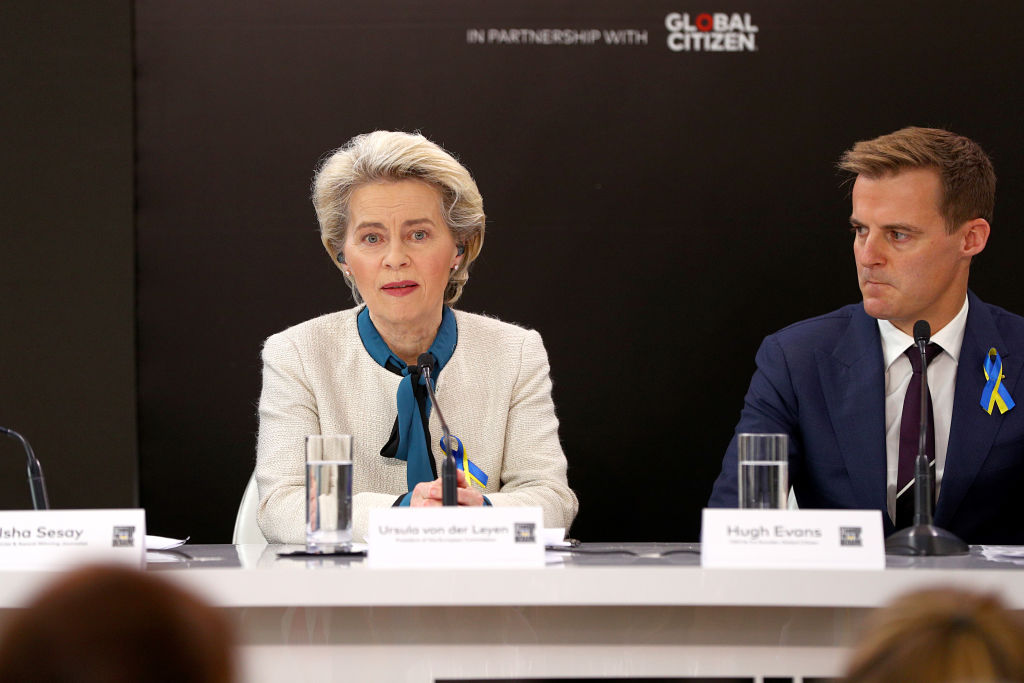European Union finally unveils Russian oil import ban

The European Union (EU) has proposed to phase out Russian oil imports, as part of a sixth package of sanctions against Russia.
The trading bloc is looking to ramp up pressure on the Kremlin following Russia’s brutal invasion of Ukraine, and reduce its dependence on Kremlin-backed fossil fuels.
Its executive branch, the European Commission, has proposed discontinuing imports of Russian crude supplies within six months.
The plans were confirmed by commission president Ursula von der Leyen in a speech to EU lawmakers in Strasbourg.
She said: “Putin must pay a price, a high price for his brutal aggression.”
The sanctions package also included measures against Sberbank, Russia’s top bank, and a ban on Russian broadcasters from European airwaves.
While not specified, the broadcast ban is thought to include Russian-language Rossiya and RTR Planeta channels of state-owned operator VGTRK.
There will also be further restrictions on providing European services to Russian companies through accountants, lawyers and spin-doctors.
The package first has to be approved by EU ambassadors and is set to be signed off in the next few days.
Following the latest pledges, oil prices have spiked again across both major benchmarks, with Brent Crude prices climbing 3.21 per cent to $108.30 per barrel, while WTI Crude has risen 3.40 per cent to $105.90.
Member states remain divided over oil plans
Despite today’s announcement, there are still signs of continuing rifts within the bloc over the latest measures.
While Germany has dropped its opposition, several oher EU member states including Czech Republic, Bulgaria, Hungary and Slovakia are all seeking more time to adapt, with EU envoys set to meet again tomorrow to hammer out the details.
Hungary and Slovakia are now expected to be given until the end of 2023 to cut down oil imports from Russia.
Currently, the trading bloc depends on Russia for around 25 per cent of its oil supplies and needs to find alternative suppliers to meet consumption demand across the continent.
Hungarian Foreign Minister Peter Szijjarto has warned that even with the extension, the country could agree to the measures if crude oil imports from Russia via its pipeline were exempt from the sanctions.
Slovakia has publicly asked for a three-year transition period.
The EU previously joined forces with Western allies to ban coal imports, and its oil restrictions follow the US banning all Russian fossil fuels imports and the UK pledging to phase out oil supplies by the end of the year.
However, the EU is yet to target Russian natural gas, used to heat homes and generate electricity across the bloc and harder to replace than Russian crude.
Lithuania is the only European country to ban Russian gas – acting unilaterally to bring in restrictions last month.
The trading bloc relies on Russia for around 40 per cent of its supplies – and multiple countries and companies have already complied with Kremlin demands for gas to be paid in roubles through a conversion scheme.
Rather than bringing in an immediate ban, the EU has previously pledged to reduce gas imports by two-thirds by the end of 2022.
von der Leyen said: “We will make sure that we phase out Russian oil in an orderly fashion.”